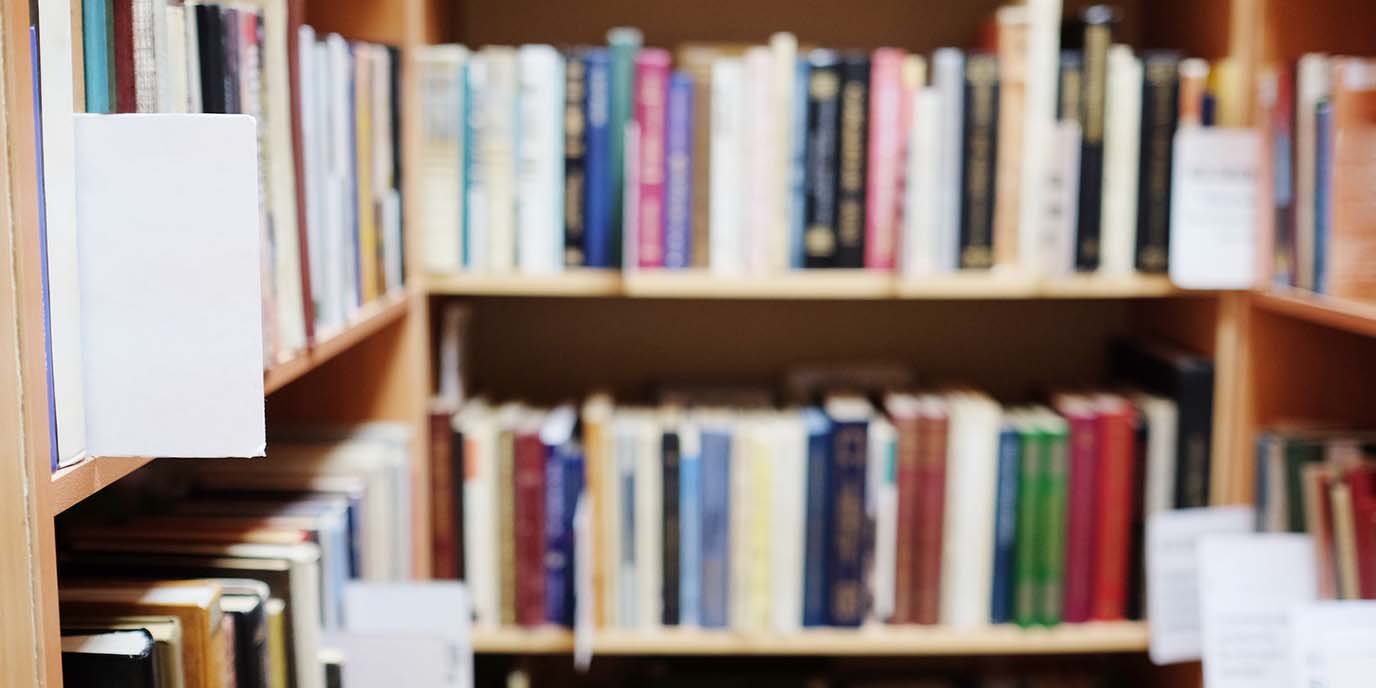A great many researchers are working on this ongoing project. In June 2014, Susanne Wruck obtained her doctorate at VU University Amsterdam with a thesis on research into the integration of logistic processes around dealing with lending out and returning books in libraries. This research was facilitated by the VU University Library in Amsterdam. As a postdoctoral researcher, Remco Germs conducted research into the logistic processes within the University of Groningen Library. Gerlach van der Heide is currently conducting his study into new logistic concepts for libraries within the Dinalog R&D project pertaining to Internet logistics. In the context of both R&D-projects, students and junior researchers are working on various themes such as those mentioned above. Optimisation of the library network will continue to be a subject of research within the University of Groningen in the next few years.
Substudy: which books should be present in a central depot and which ones in a local branch?
After completing his final project about interlibrary lending, he started his doctoral research with a thesis on the best possible design of library networks. One of its themes is centralisation of distribution. Storing library collections in a central depot creates economies of scale and reduces logistic costs. Besides that, the logistic craftwork at a central depot can be carried out by warehouse personnel instead of expensive librarians. 'One of the questions which I try to find an answer to is about the price consumers should pay for sending a book from the central depot. It is obvious that this service should be available and affordable for everyone. If shipment from the central depot becomes completely free of charge, though, borrowers will order more books than they need, which may give rise to a tripling of the demand', Mr Van der Heide said.
A second question is how many copies of a book title should be stored in the central depot and how many in the local branches. 'It is convenient to make frequently borrowed titles available in local branches and stock the less popular books in the central depot. We are trying to set up a model for that purpose which is suitable for use in practice as well as scientifically interesting.'
In addition to that, Mr van der Heide would like to establish a connection between logistic challenges in the realm of libraries and the issues surrounding Internet logistics. 'Soon, libraries too will provide opportunities to order books online from your home address and to even have them delivered to you. The most important difference is that libraries have a hundred percent returns."


